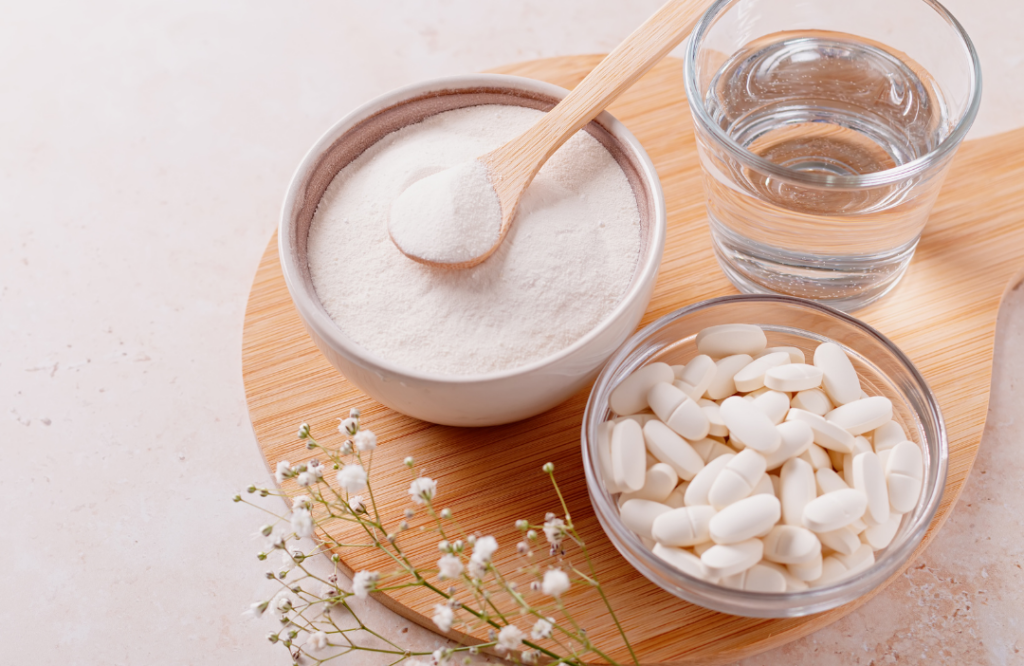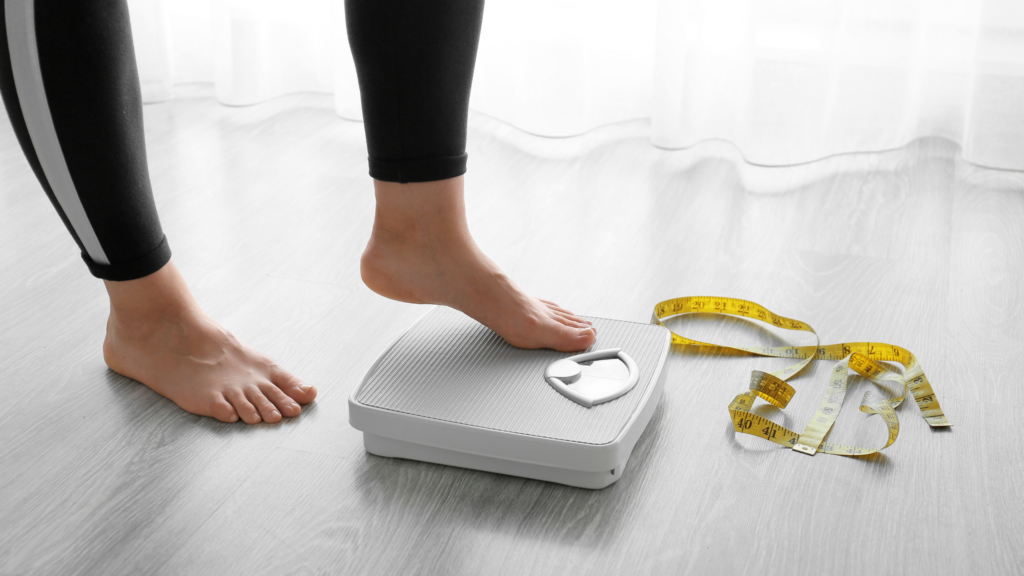You Need to Poop Every Day: Understanding and Addressing Constipation
Published on May 8, 2024 by Dr. Caitlin Gordon

How To Know if You’re Constipated
While your primary care physician and Google might say having a bowel movement every 2-3 days is fine, every other source of wisdom on health and wellbeing whether it is Ayurveda, Chinese medicine, naturopathic medicine, functional medicine, or other traditional modalities assert that we need to be eliminating waste every single day.
If you aren’t eliminating daily and you’re eating solid food, you’re constipated. If your bowel movements feel incomplete, you’re pooping in small pellets (like rabbit poop) or with hard and lumpy stool, that’s also constipation. If you have to strain to have a bowel movement, this is another sign of imbalance.
What Does Healthy Poop Look Like?
Optimal bowel function is having 1-3 bowel movements a day, with the first movement in the morning, without strain. Stool should be banana-shaped, not stick to the toilet bowl or float, be medium to dark brown in color without mucus. Smell should not be strong and the need for wiping should be minimal.
The food you eat should be moving through your GI tract within 12-24 hours. You can check on your bowel transit time by eating something like beets which will color stool and notice when you see them exit. If transit time is longer than 24 hours, your digestion is sluggish and should be treated.
Colon cancer is the second leading cause of cancer deaths worldwide. Since 2019, rates of colon cancer have been rising in people under 50 as has the rate of people diagnosed with late-stage colorectal cancer.
Regular elimination is essential to avoid the resorption of toxins into the bloodstream from the large bowel. Our body uses stool to eliminate plastics, hormones, heavy metals, pharmaceuticals, mycotoxins, and other waste products.
Not to worry, if you aren’t going daily, there are a number of possible causes and some practical solutions to help get things moving.

Causes of constipation and what to do
1. What you’re eating:
Lack of fiber (fruits, vegetables, whole grains) in the diet can slow digestion. Processed foods, high dairy and high meat consumption are common culprits of sluggish bowel. Include a vegetable or fruit with every meal. Adding in a high-fiber grain or legume like buckwheat, quinoa, steel-cut oats, chickpeas, or lentils with one meal per day can also aid in healthy bowel movements.
2. Water intake:
Hard or lumpy stool is a sign of dehydration. Aim for 8oz of water with sea salt or minerals first thing upon waking (and before your coffee!). This alone often will trigger a healthy bowel movement. Spread your water intake out throughout the day, sipping on water between meals and hydrating well after caffeine or any sweating. If you are sedentary, your thirst is likely to be lower. You may need to create reminders to drink water.
3. How you’re eating:
Eating at erratic times or having lots of small meals throughout the deal rather than 2-3 larger meals can cause bowel issues. Your body isn’t designed to be metabolizing and moving food through the bowel all day long. It’s better to sit down and eat 2-3 full meals than to graze. Food staying in the intestines all day is a breeding ground for bacterial and fungal overgrowth as the Migrating Motor Complex is supposed to sweep out the residue every few hours and cannot perform that job when you are continually snacking.
4. Inactivity:
Sedentary lifestyles contribute to slow digestion. Regular exercise, even walking, stimulates bowel movements. Plan in a walk after breakfast to help with morning elimination and blood sugar regulation (fewer cravings and weight loss).
5. Stress:
Emotional tension tightens muscles, including those in the digestive tract, leading to constipation. Stress management techniques like deep breathing and meditation can help. If you aren’t having a morning bowel movement, you may need to plan in a slower morning routine. Sitting and taking 10-20 deep breaths with your morning hot beverage can go a long ways towards helping your body to start the elimination process. Rushing around in the mornings or jumping straight into work or parenting can lead to constipation.
On a deeper level, pelvic floor dysfunction can cause constipation. Pelvic floor dysfunction can stem from nervous system dis-regulation, sexual trauma, straining to have a bowel movement, childbirth, and even heavy weight-lifting
6. Medication and medical conditions:
Certain medications like opioids, proton-pump inhibitors, and antidepressants can cause constipation. Certain health conditions like SIBO, hypothyroidism, parasites, and TBI’s can also cause constipation as a side effect. A functional medicine provider can assess what may be contributing factors for you.
Additional recommendations for treating constipation:
- Regular Exercise: Incorporate movement into your routine. Even a daily walk can stimulate bowel movements and improve overall digestion.
- Stress Reduction: Practice stress management techniques like deep breathing, meditation, and progressive muscle relaxation to alleviate tension and promote relaxation. Diaphragmatic breathing is very effective.
- Herbal Remedies: Certain herbs like senna, slippery elm, and aloe vera can have laxative effects. Use them cautiously and consult a healthcare provider if needed.
- Probiotics: Incorporate probiotic-rich foods like yogurt, kefir, and sauerkraut into your diet to support gut health and regularity. Probiotic pills can also help regulate bowel movements and can be prescribed based on your unique microbiome needs by a functional medicine provider.
- Supplements: Magnesium supplements, especially magnesium citrate can help soften stools and promote bowel movements. If magnesium citrate is not enough, magnesium oxide is even stronger (try Mag07 brand). Take magnesium nightly before bed to promote morning regularity. There are other types of supplements which work on the migrating motor complex to increase your bowel transit time. Consult a functional medicine provider for more info.
- Acupuncture: acupuncture helps stimulate peristalsis and promotes the movement of stool through the intestines. It also helps address constipation caused by stress and anxiety and inflammation in the large intestine.
- Functional Medicine Consultation: Seek guidance from a functional medicine practitioner who can provide personalized recommendations tailored to your specific needs and health history.

By addressing the root causes of constipation and implementing these practical holistic solutions, you can support healthy digestion and overall well-being. Remember to listen to your body and make adjustments as needed to find what works best for you.
Need a little support?
Functional medicine and acupuncture are proven to help treat the root cause of constipation.
Click the button below to book your appointment today!
The contents of this site, including text, graphics, images, and other material are for informational purposes only. Nothing contained in this site is or should be considered or used as a substitute for professional medical or mental health advice, diagnosis, or treatment. Please schedule an appointment for personalized health advice.






